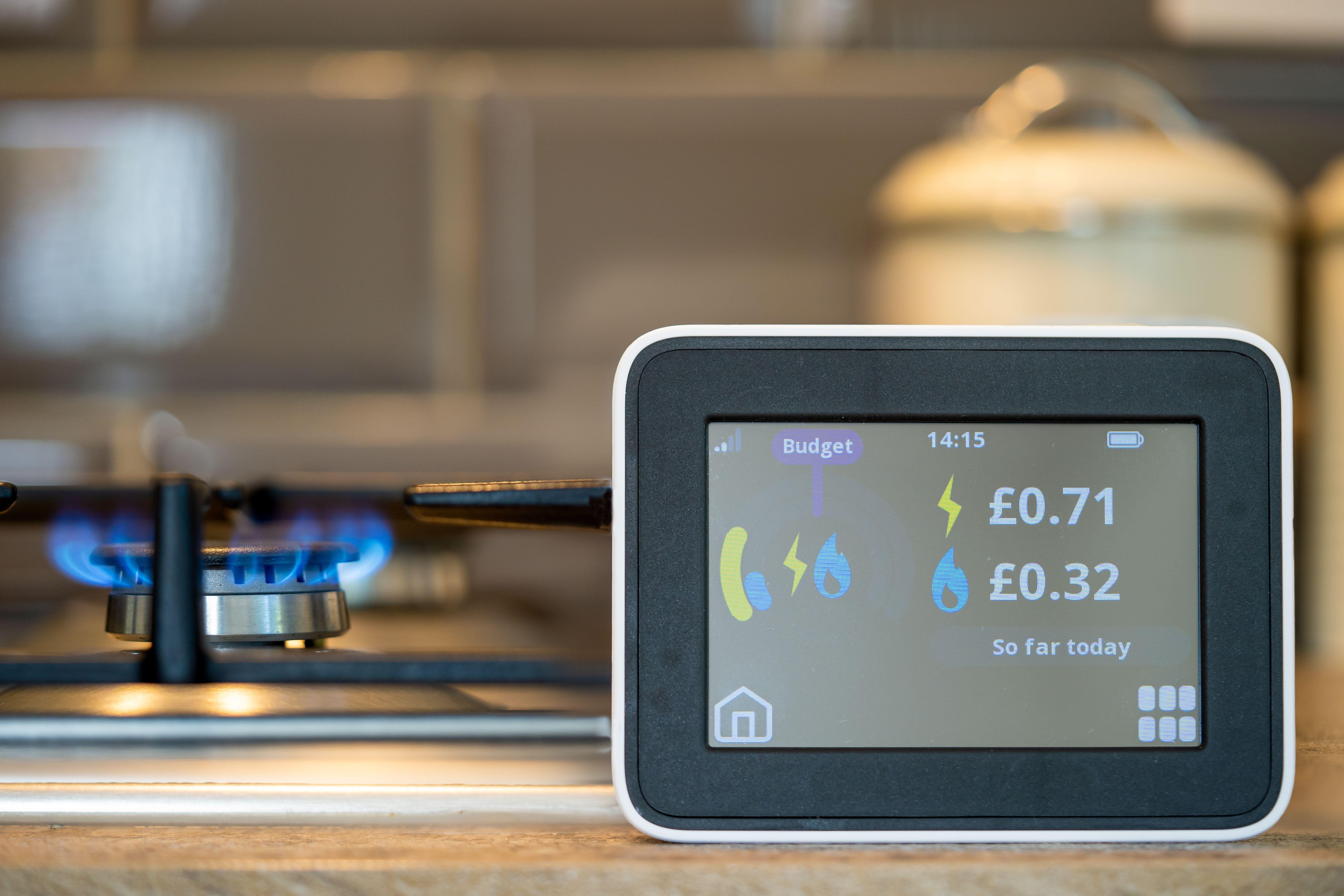Households to be paid for turning off appliances at peak hours to avoid winter blackouts
The National Grid ESO is understood to be preparing to announce plans to reward consumers for easing the strain on the power grid.
Your support helps us to tell the story
From reproductive rights to climate change to Big Tech, The Independent is on the ground when the story is developing. Whether it's investigating the financials of Elon Musk's pro-Trump PAC or producing our latest documentary, 'The A Word', which shines a light on the American women fighting for reproductive rights, we know how important it is to parse out the facts from the messaging.
At such a critical moment in US history, we need reporters on the ground. Your donation allows us to keep sending journalists to speak to both sides of the story.
The Independent is trusted by Americans across the entire political spectrum. And unlike many other quality news outlets, we choose not to lock Americans out of our reporting and analysis with paywalls. We believe quality journalism should be available to everyone, paid for by those who can afford it.
Your support makes all the difference.Households with smart meters could be paid for turning off high-energy appliances such as washing machines during peak times to reduce the risk of blackouts this winter.
The National Grid Electricity System Operator (ESO) is understood to be preparing to announce plans to reward consumers for easing the strain on the power grid.
Rebates for minimising the use of goods such as tumble dryers, dishwashers and games consoles during the peak hours of 5pm-8pm could be as high as £6 per kWh saved.
The Sunday Times, which first reported the plans, said the grid will apply to the Ofgem regulator for approval, with hopes the scheme will open by late October.
Are you struggling with the cost of living crisis? If so email holly.bancroft@independent.co.uk
A National Grid ESO spokesman said: “We are developing a new service that will be available for consumers to benefit from across this winter and will be announcing further information soon.”
The plans follow a trial with Octopus Energy customers earlier this year, when as little as 20p was paid for every kWh, or kilowatt hour, saved. A range of prices have since been considered, including up to £6.
Currently at £1,971 for the average household, the energy price cap is forecast to rise to £3,500 in October, before going as high as £4,200 in January.

Experts at the Auxilione consultancy have warned that energy prices could spike at as much as £6,000 per year for the average household from next April.
Ofgem will announce the change to the cap for October and December on Friday.
Chancellor Nadhim Zahawi last week suggested that rolling blackouts are unlikely as preparations were under way for the winter, as Russia’s invasion of Ukraine strains supplies.
It comes as Labour accused the government of having “lost the plot” over plans for GPs to prescribe people cash to pay their energy and heating bills.
Officials in the Treasury reportedly want family doctors to assess whether sick or elderly people need a discount heating their homes.
The idea, reported in the Sun on Sunday newspaper, is said to be one of a number being discussed in government to help with the cost of living.


